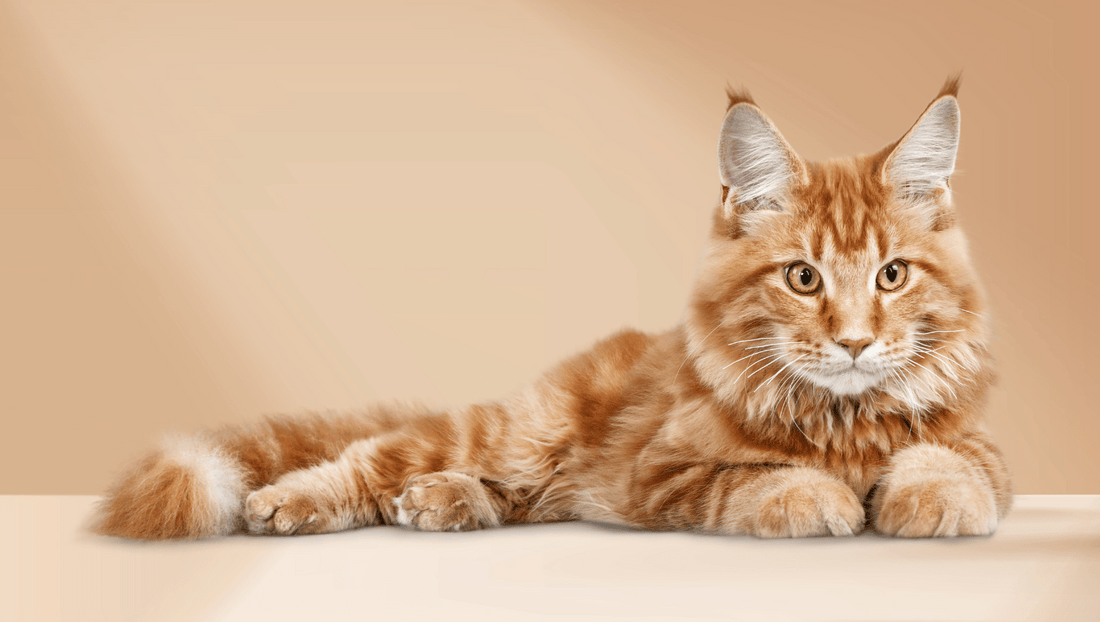
Orange Cats: Are They Different?
Orange Cats: Behavior, Genetics, and Personality
Why Are Orange Cats So Unique?
Orange cats have captured the hearts of many pet owners with their quirky antics and charming personalities. From their playful leaps off countertops to their unexpected leg bites, these cats have become internet sensations, especially on platforms like TikTok. But what makes orange cats stand out from their feline counterparts?

Orange Cats Are Not a Breed
Contrary to popular belief, orange cats are not a specific breed. Their distinctive coloration can be found in various breeds, including Maine Coons, American Bobtails, and Siberians. This wide distribution of orange cats across different breeds raises the question: do their behaviors transcend their genetic lineage?
The Science Behind Orange Fur
Recent research has identified the gene responsible for the orange coloration in cats. Known as the ARHGAP36 gene, this genetic marker is linked to the X chromosome. This explains why male cats, with their XY chromosomes, are more likely to display orange fur, as they only need one copy of the gene. Female cats, on the other hand, require two copies due to their XX chromosomes.
Interestingly, the ARHGAP36 gene is not just about fur color. Studies suggest that it may influence other traits, as it is expressed in the brain and hormonal glands. This connection hints at a potential link between orange fur and certain behavioral tendencies.
Do Orange Cats Have Unique Personalities?
While many owners claim that orange cats are friendlier and more outgoing, scientific studies provide mixed results. A 2015 study found that people often associate orange cats with friendliness. However, another study suggested that orange cats might exhibit fear-based aggression toward unfamiliar people. These findings highlight the complexity of linking fur color to personality traits.

Behavioral Insights and Bias
Most studies on orange cat behavior rely on owner-reported surveys, which can introduce bias. Owners may perceive their orange cats as more playful or sassy due to preconceived notions. Despite this, some researchers believe that these biases often stem from real-life experiences, making them worth exploring further.
Genetics and Behavior: A Deeper Connection
As scientists delve deeper into genetics, they have discovered that genes influencing fur color may also impact behavior. For example, the ARHGAP36 gene, which determines orange coloration, is linked to neural crest cells. These cells play a role in the development of neurons and endocrine cells, potentially affecting activity levels and temperament.
Orange Cats: Individuals Above All
While genetics and studies provide fascinating insights, every cat is unique. Even within the same breed or color group, individual cats can display vastly different behaviors. This individuality is what makes cats such beloved companions, regardless of their fur color.
